Talks between Pakistan and the International Monetary Fund (IMF) are set to end in three days, with the lender demanding the withdrawal of unbudgeted electricity subsidies and a 50 percent power tariff hike.
Prime Minister Shehbaz Sharif has authorized the government team to give in to IMF’s demand to raise the electricity tariff; the lender wants to raise the tariff by 50 percent, while the government is willing to go as high as 20-33 percent.
The IMF is refusing to budge on previous commitments, while Pakistan is gradually realizing that it will have to agree to everything the lender demands in order to unlock over $1 billion in bailout funds.
The Prime Minister has given instructions to his team via video conference to get results. According to sources familiar with the deliberations, the base tariff could rise by Rs 7.74 per unit on average, while the increase in the upper slab will be much higher. Regardless, the premier is still hoping that the Power Division can persuade the IMF to lower the proposed hike.
The revised circular debt management plan (CDMP) will now be shared with the IMF today, detailing price increases due to quarterly and annual tariff adjustments, following the PM’s approval. Pertinently, it has yet to be determined whether the PM agreed in principle to the maximum price hike for upper-income consumers.
As mentioned earlier, the IMF wants a 50 percent price increase in power tariff, while the government can only go as high as 33 percent. The talks began on January 31, and the IMF team will remain in Islamabad until February 9.
The IMF says it is in Pakistan at Prime Minister Shehbaz Sharif’s request and expects the government to implement all pending measures, including tax hikes. If the lender approves the government’s proposals, Finance Minister Ishaq Dar and the Fund’s Mission Chief Nathan Porter may meet on the same day to finalize everything.
Sources said the Power Division proposed the PM with several tariff increase options, including a quarterly tariff increase of Rs. 4.26 per unit and an average increase of Rs. 7.74 per unit in the basic tariff. The average base tariff is around Rs. 24 per unit which, under IMF conditions, could rise as high as Rs. 32 per unit by June 2023.
When implemented, it will be the second increase in the current fiscal year, as the government has already increased the base tariff by Rs. 7.91 per unit. The first hike didn’t stop losses and forced people to switch to other energy sources. The next hike will make things tougher, and unbearable for most.
Earlier, the Power Division had submitted a revised CDMP which revealed that the government would inject Rs. 952 billion into the circular debt without increasing the tariff. The government informed the IMF that it would impose quarterly surcharges to reduce the flow of circular debt by another Rs. 73 billion. From now until June, the cost of electricity will rise by an additional Rs. 3.62 to Rs6.14 per unit, excluding the impact of the pending Fuel Cost Adjustments (FCAs).
Despite the IMF’s reservations, the Power Division still believes it can recover Rs. 43 billion between July and December 2023, potentially reducing the increase. The government had allocated only Rs. 355 billion for electricity subsidies in the current fiscal year in the budget.
The IMF is of the view that because of little to no fiscal space for additional subsidies, the government has no choice but to bridge the gap through hikes in electricity prices and other contingency measures. The crisis lender has further requested the government to submit a proposal on higher tariffs, including the withdrawal of the Rs. 143 billion exporters’ package.
The Power Division has sought additional subsidies of Rs. 675 billion to manage the country’s spiraling circular debt, taking the total requirement to over Rs 1.03 trillion. It was discussed in the meeting with PM Shehbaz that the delay in decision-making has further increased the cost of reimbursing the IMF program.
The IMF had earlier disagreed with Pakistan’s demand to exempt consumers of up to 300 units from price hikes and insisted on a monthly price increase for end-users of 200 units and above. In this context, the PM directed that maximum price increases be implemented for those with high consumption levels.
Against the flow of the discussions, the PM also wants to continue the subsidy package for the export-oriented sector, but there is little chance that the IMF will agree to it in its current form.
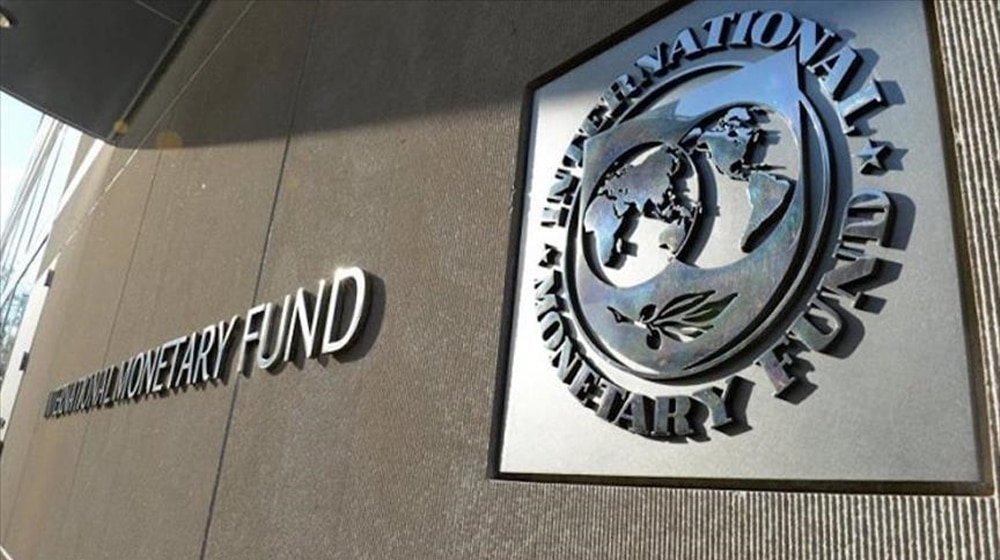
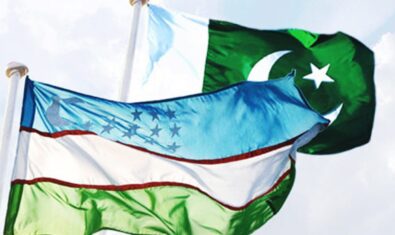

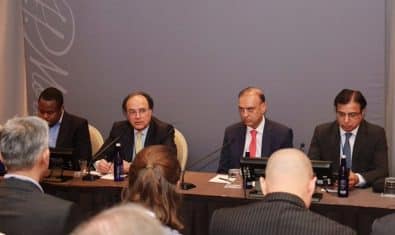
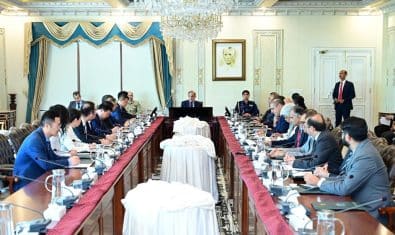







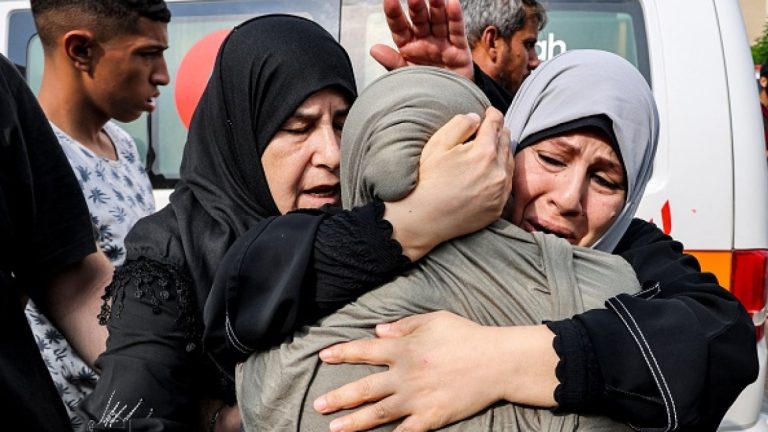













کتھے مر گئے او پٹواریو کنجرو۔ بولو ہن
IMF deal was locked and done by PTI and all terms decided. can you mention original terms set by them?
Then they them-selves broke the deal and reduce petrol price.
There Finance minister said this will happen and petrol will go to 300. They knew and rightly thrown out as they are both incompetent and ill-intended.